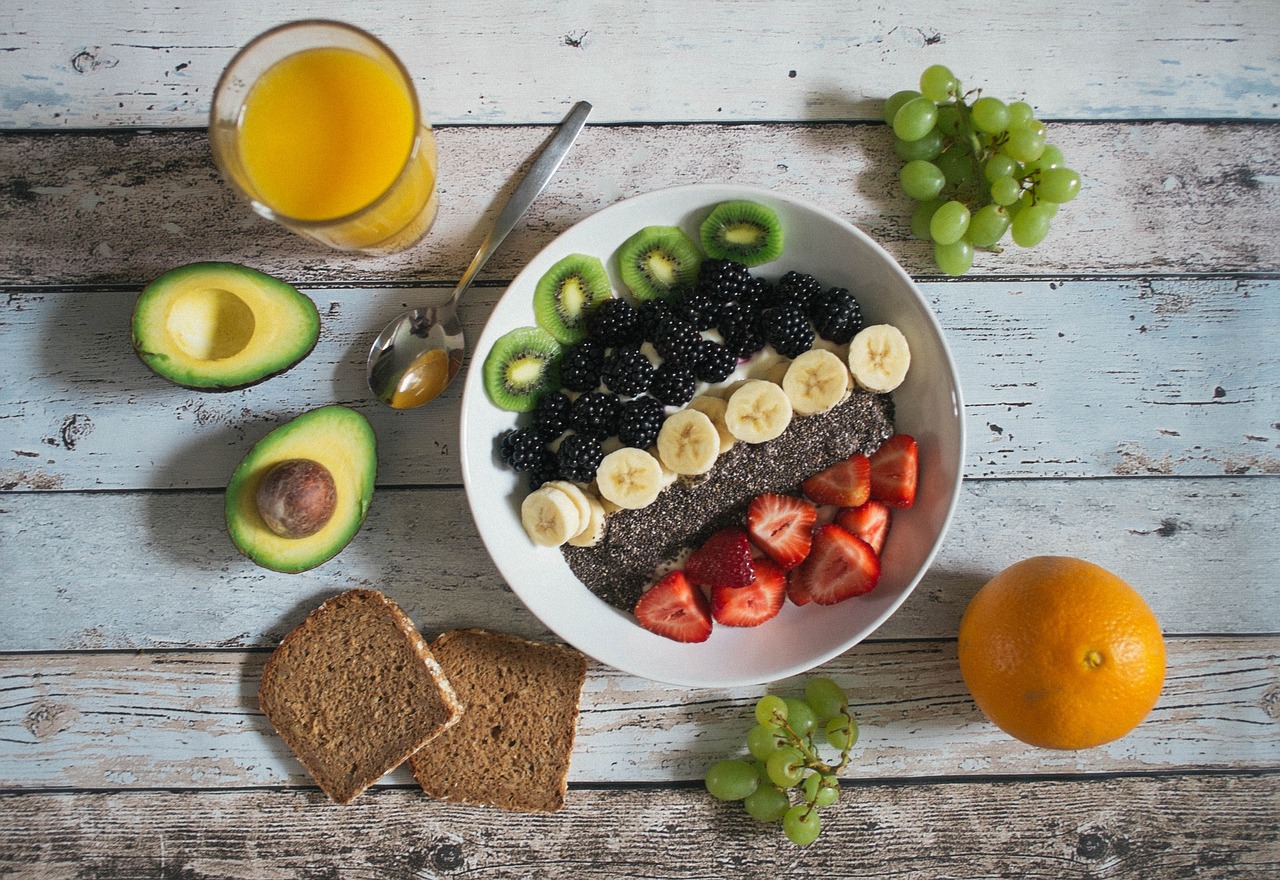“`html
In today’s world, the buzz around organic foods has escalated tremendously. Consumers are increasingly striving to lead healthier lifestyle choices, and opting for organic products has become a significant part of this journey. Organic food not only caters to dietary needs but also aligns with eco-conscious movements, making it a preferred choice for many. But what makes organic food so special? Let’s delve into the essential aspects of organic foods, their benefits, and how they can play a vital role in our lives.
What Are Organic Foods?
Organic foods are products cultivated without synthetic pesticides, herbicides, fertilizers, and genetic engineering. They adhere to a set of standards defined by multiple regulatory bodies worldwide, ensuring that the process of production is environmentally sustainable and humane.
Understanding Organic Certification
To be labeled as organic, food products must meet specific criteria:
- Must be grown and processed without synthetic fertilizers or pesticides.
- Must be certified by a recognized organic certification body.
- Must not contain artificial preservatives, colors, or flavors.
- Meat, dairy, and eggs must come from animals that are raised without antibiotics or growth hormones.
Benefits of Organic Foods
Choosing organic foods can offer numerous advantages:
- Better Nutritional Value: Studies show that organic foods may contain higher levels of antioxidants and essential nutrients.
- Environmentally Friendly: Organic farming practices promote biodiversity and reduce pollution.
- Reduced Exposure to Toxins: Organic foods minimize your exposure to harmful chemicals.
- Better Taste: Many consumers claim organic produce tastes fresher, possibly due to the lack of chemical processing.
Health Benefits Explained
- Lower Residue of Pesticides: Several studies indicate that organic produce tends to have fewer pesticide residues than conventional options.
- Omega-3 Fatty Acids: Organic dairy and meats often have higher levels of healthy fats, improving your diet’s omega-3 content.
- Gut Health: The incorporation of organic foods in your diet can foster a healthy gut microbiome due to the absence of chemicals.
Choosing Organic Products
When shopping for organic foods, being informed is crucial to making the right choices:
- Look for the USDA Organic Seal: This certification guarantees that the product meets strict organic standards.
- Know Your Dirty Dozen: The EWG releases an annual list of fruits and vegetables typically highest in pesticides. Prioritize buying organic versions of these.
- Buy Seasonal Organic Produce: Seasonal organic produce is fresher, tastier, and often more affordable while supporting local agriculture.
Practical Shopping Tips
- Join a CSA (Community Supported Agriculture): This can be a great way to receive seasonal organic produce directly from local farms.
- Visit Local Farmers’ Markets: Connect with local producers and ask about their farming practices.
- Consider Frozen Organic Vegetables: They can be nutritious, cost-effective, and reduce food waste.
Common Misconceptions About Organic Foods
Despite the many benefits, several misconceptions persist around organic foods:
- Organic Equals Pesticide-Free: Organic farming still uses some pesticides, just not synthetic ones.
- Organic Foods Are Always Healthier: Organic junk food can be just as unhealthy as conventional junk food.
- Organic Foods Are Too Expensive: With an informed shopping approach, organic options can fit various budgets.
Debunking Myths
It’s crucial to distinguish fact from fiction. Here are a few examples:
- Organic potato chips and conventional potato chips can both be high in calories, so read labels.
- Organic meats can be more humane, but prices vary widely based on sourcing and location.
Conclusion
Organic foods offer a multitude of benefits that can align with your health goals and help support sustainable practices. By understanding what organic means, the advantages it delivers, and how to cherry-pick the best products, you can make informed decisions. Whether you’re making a seamless transition to organic or adopting more organic choices, remember that each step contributes towards a healthier lifestyle and a healthier planet. Embrace the journey toward organic living, and enjoy the flavors, health benefits, and peace of mind that come along with it.
“`






